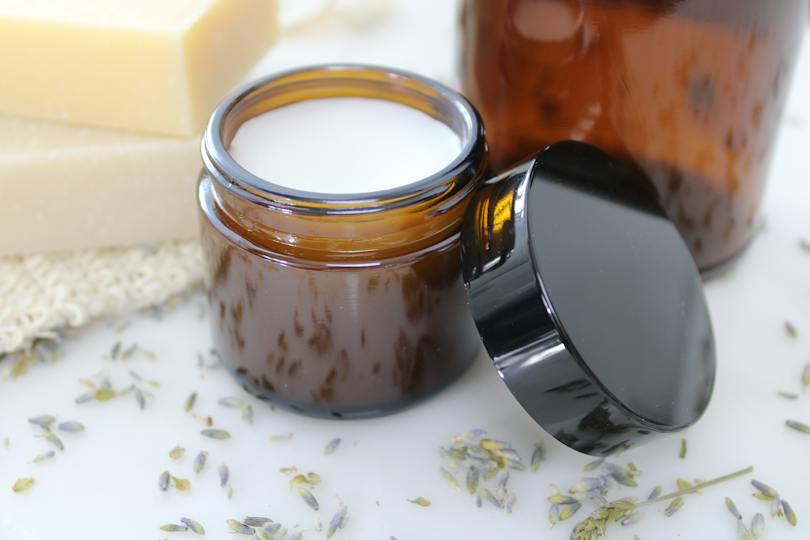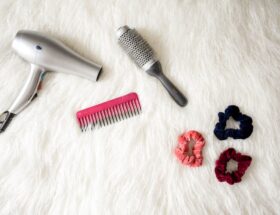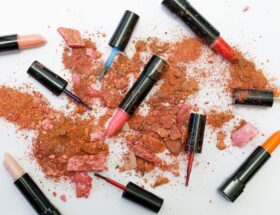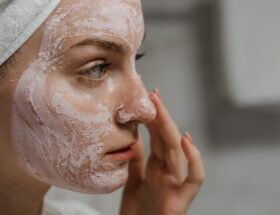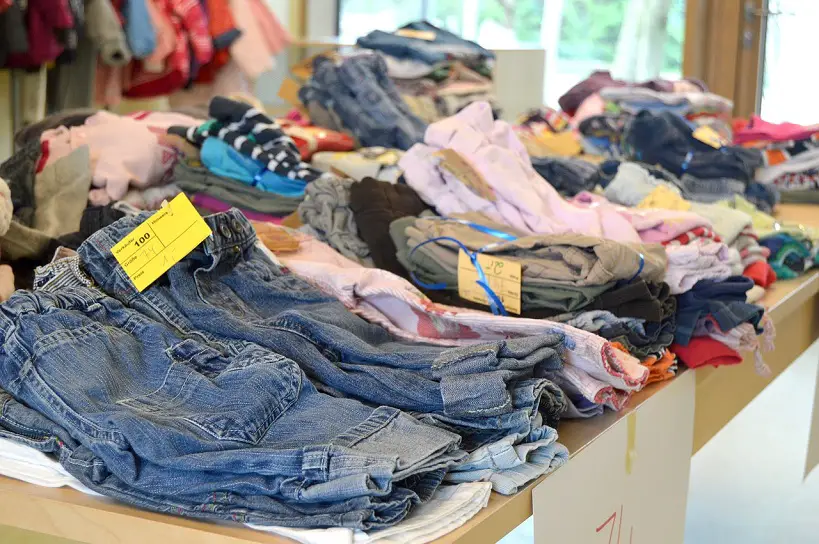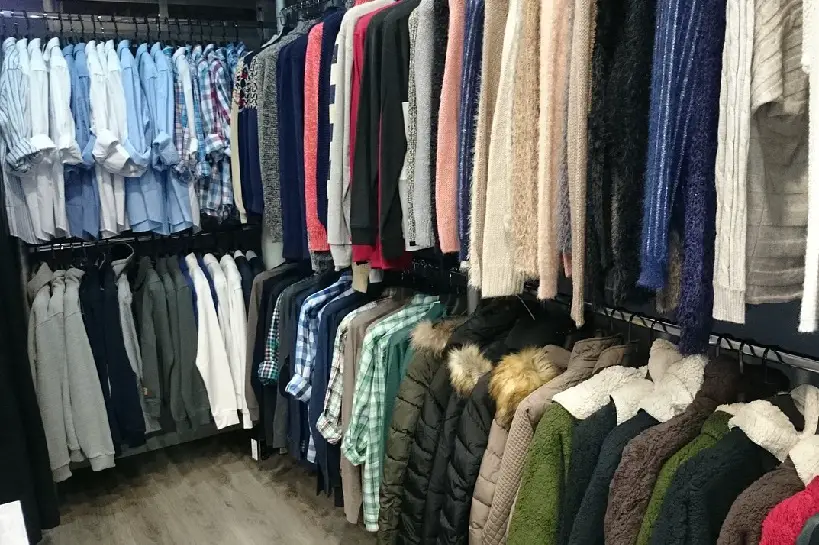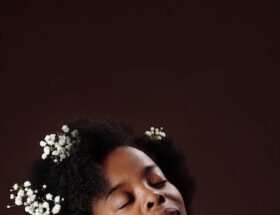Ever wondered about a secret ingredient that could transform your hair game? Well, hold on to your hats (or should I say, hold on to your hair ties) because we’re about to spill the beeswax beans!
Beeswax isn’t just for candles and lip balms because it’s in so many hair care products. Hence, we’ll uncover beeswax benefits for hair and later touch on practical tips, DIY treatments, and even a nod to sustainability.
The History of Beeswax
Alright, let’s rewind the clock and dig into the fascinating history of beeswax. Ancient civilizations used beeswax as a staple in their beauty rituals. From Egyptian queens to Greek goddesses, beeswax was a go-to for crafting cosmetics and hair treatments. It also held cultural and symbolic significance.
In Egypt, beeswax played a role in mummification, showcasing its connection to preservation and longevity. Fast forward to the medieval era, where beeswax candles lit up castles and cathedrals, adding a touch of luxury to the surroundings.
As art and culture flourished, so did the use of beeswax in various forms. From sculptors using it as a modeling material to the elite incorporating it into their beauty routines, beeswax was the “it” ingredient. Eastern cultures also embraced the magic of beeswax. For instance, it was popular in traditional Chinese medicine for its healing properties.
Cut to the present day, where beeswax is experiencing a revival. Beauty enthusiasts are rediscovering its timeless allure, incorporating it into modern products with a nod to tradition.
Benefits of Beeswax for Hair Health
Let’s dive into why beeswax stands out in hair care, bringing substantial benefits.
1. Moisture Locking Magic
Imagine having hair that stays hydrated all day long. Beeswax makes this possible. By forming a protective barrier around each strand, it locks in moisture, preventing it from evaporating. No more worries about dry, lackluster locks – say hello to hair that feels nourished and irresistibly soft.
2. Natural Shine Booster
We all crave hair that gleams as if touched by the hair gods. Beeswax is the secret to achieving just that. It smooths the hair cuticle, creating a sleek surface that beautifully reflects light. The result? A natural shine that doesn’t shout “product overload” but effortlessly whispers, “I woke up like this.”
3. Split End Prevention
It fortifies your strands by forming a protective shield, significantly reducing the likelihood of split ends. Say your goodbyes to those pesky split ends and welcome the joy of hair that’s not only free from breakage but exudes strength and resilience.
4. Environmental Shield
Protecting your hair from environmental stressors is a key benefit of beeswax. Acting as a shield, it forms a layer of defense against pollution and harmful UV rays.
5. Anti-Frizz Properties
For those battling frizzy hair, beeswax may be the solution. Its protective coating minimizes friction, resulting in smoother, frizz-free locks.
6. Scalp Health Booster
By promoting improved circulation and maintaining a balanced, moisturized scalp, beeswax contributes to the foundation of healthy, vibrant hair from the roots.
7. UV Protection
Sun exposure can affect your hair, leading to dryness and color fading. As such, beeswax acts as a shield; it may preserve color and moisture content, ensuring it remains vibrant and resilient.
8. Style Retention
Beeswax offers a reliable and flexible hold, allowing your hair to move naturally while keeping your chosen style intact.
Popular DIY Beeswax Hair Treatments
Here are several popular DIY beeswax hair treatments that you can easily make at home.
Beeswax Hair Mask for Deep Conditioning
Ingredients
- 2 tablespoons beeswax
- 3 tablespoons coconut oil
- 2 tablespoons honey
- 1 beaten egg yolk
Instructions
- Melt beeswax and coconut oil together.
- Incorporate honey and blend thoroughly.
- Add the beaten egg yolk and mix well.
- Apply the mixture to your hair, concentrating on the ends.
- Cover with a shower cap and let it sit for 30 minutes.
- Rinse thoroughly and shampoo as usual.
Beeswax and Olive Oil Scalp Treatment
Ingredients
- 2 tablespoons beeswax
- 4 tablespoons olive oil
Instructions
- Melt beeswax and olive oil together.
- Allow the mixture to cool slightly.
- Apply the blend to your scalp, massaging gently.
- Cover your head with a warm towel and leave for 20-30 minutes.
- Rinse and shampoo as usual.
Beeswax and Shea Butter Split End Treatment
Ingredients
- 2 tablespoons beeswax
- 2 tablespoons shea butter
- 1 tablespoon argan oil
Instructions
- Melt beeswax and shea butter together.
- Add argan oil and mix thoroughly.
- Apply the mixture to the tips of your hair, focusing on split ends.
- Let it sit for 20-30 minutes.
- Rinse thoroughly and shampoo as usual.
Beeswax and Jojoba Oil Hair Pomade
Ingredients
- 3 tablespoons beeswax
- 2 tablespoons jojoba oil
- 5-10 drops preferred essential oil (optional for fragrance)
Instructions
- Melt beeswax and jojoba oil together.
- Remove from heat and add essential oil if desired.
- Pour the mixture into a small container.
- Allow it to cool and solidify.
- Use a small amount as a natural hair pomade for styling.
Beeswax and Aloe Vera Hair Mask
Ingredients
- 2 tablespoons beeswax
- 3 tablespoons aloe vera gel
- 1 tablespoon coconut oil
Instructions
- Melt beeswax and coconut oil together.
- Integrate aloe vera gel and blend well.
- Apply the mixture to your hair, concentrating on the roots and tips.
- Leave for 30 minutes.
- Rinse thoroughly and shampoo as usual.
Remember to perform a patch test before using any DIY treatment to ensure you don’t have an adverse reaction to any of the ingredients. Enjoy pampering your hair with these natural and nourishing beeswax treatments!
Considerations and Cautions
Before diving headfirst into beeswax for hair care, there are considerations and cautions to ensure a positive and safe experience.
Allergic Reactions
While beeswax is generally well-tolerated, individuals with allergies to bee products should exercise caution. Perform a patch test before applying any beeswax-based product to your hair to avoid potential allergic reactions.
Product Buildup
Using excessive beeswax or failing to wash it out thoroughly can lead to product buildup. Over time, this buildup can make your hair feel heavy and dull. Be diligent in rinsing and washing your hair to prevent this.
Difficulty Washing it Out
Beeswax can be stubborn to wash out with regular shampoo alone. Consider using a clarifying shampoo or a mixture of baking soda and water to help remove any residue.
Temperature Sensitivity
Beeswax can solidify in colder temperatures and become more pliable in warmer temperatures. Keep this in mind when storing and applying products containing beeswax.
Not Suitable for All Hair Types
While beeswax works wonders for many hair types, it may not be ideal for extremely fine or thin hair. The weight of the wax could potentially make fine hair look limp and greasy.
Color-Treated Hair
If you have color-treated hair, be cautious when using beeswax products. Some formulations may affect hair color, especially if the product contains pigments. Check the product’s ingredients and perform a strand test if needed.
Balancing Usage
Using beeswax hair treatments too frequently may lead to an accumulation of product on the hair and scalp. Consider incorporating these treatments into your routine sparingly to maintain a healthy balance.
Final Thoughts
The moisture-locking magic, natural shine-boosting prowess, and split-end prevention properties make beeswax a standout ingredient in DIY hair treatments.
While reveling in the nourishing DIY concoctions, be mindful of potential allergies. In addition, balancing usage is key to preventing product buildup, and choosing the right formulations aligns with specific hair types and conditions. As we bid farewell to conventional hair products laden with synthetic ingredients, beeswax invites us to embrace a more natural approach to hair care.

